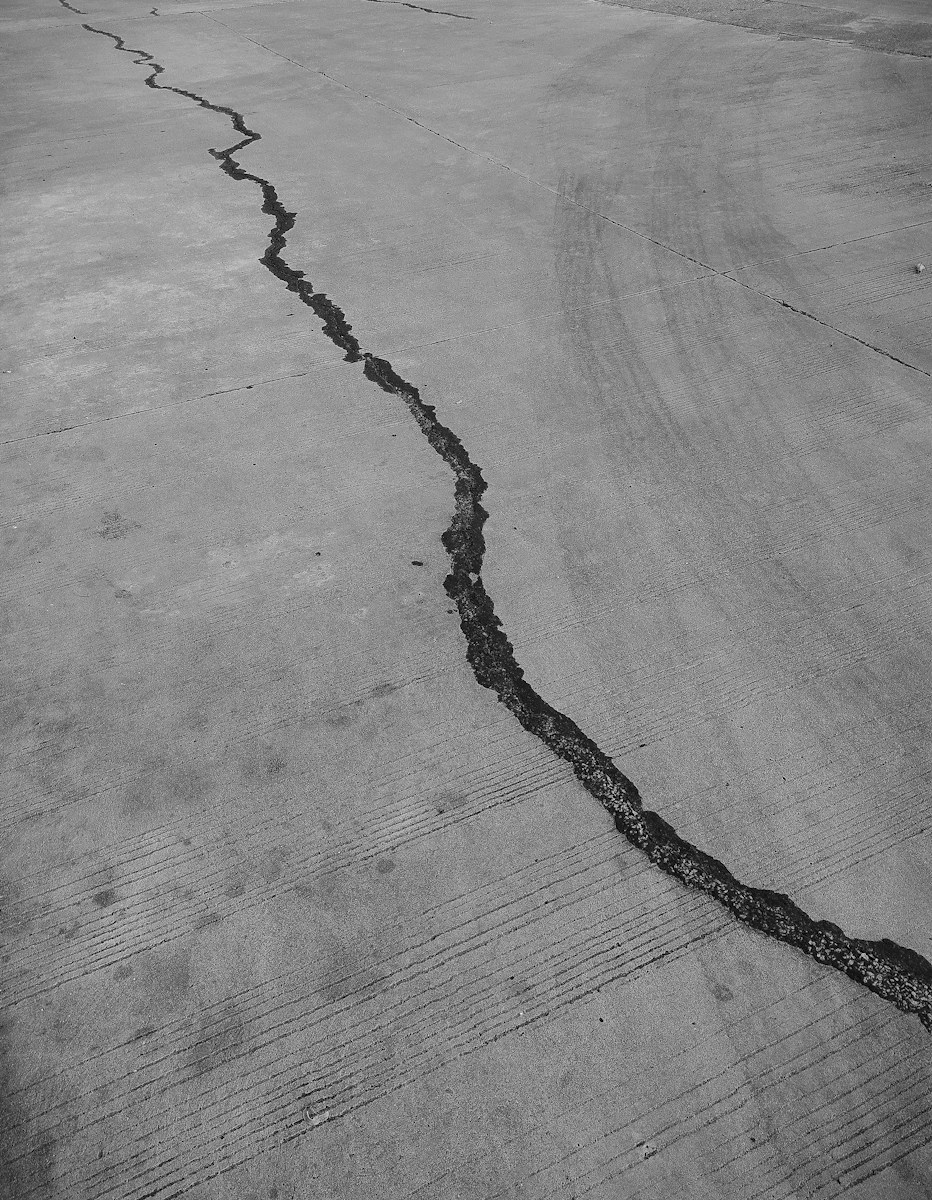
The Importance of Earthquake Retrofitting: How It Affects Insurance Rates
Earthquakes, though often unpredictable, are a persistent threat to communities worldwide. As urban areas expand and populations grow, the potential consequences of seismic activity become even more significant. In the face of this natural hazard, earthquake retrofitting is crucial to mitigate damage and protect lives. Beyond the immediate safety benefits, retrofitting also plays a pivotal role in influencing insurance rates.
What Is Earthquake Retrofitting?
Earthquake retrofitting refers to reinforcing buildings and structures to withstand seismic forces. This involves assessing and strengthening vulnerable components, such as the foundation, walls, and connections, to reduce the risk of structural damage during an earthquake. While retrofitting may involve significant upfront costs, the long-term benefits outweigh the expenses.
Why Is Earthquake Retrofitting Important?
Earthquake retrofitting is essential for the following reasons:
- Enhanced structural resilience—Retrofitting can significantly improve a building’s ability to withstand seismic forces. The risk of collapse or extensive damage during an earthquake is reduced considerably by reinforcing critical structural elements. This protects occupants and minimizes the financial burden of rebuilding or repairing structures.
- Preservation of property and infrastructure—Retrofitting contributes to preserving critical infrastructure and property. In earthquake-prone regions, this is vital for maintaining the functionality of essential services such as hospitals, emergency response centers and transportation networks. A damaged infrastructure’s economic and social repercussions can be severe, making retrofitting an investment in community resilience.
- Reduction of long-term costs—While the initial cost of retrofitting may seem prohibitive, it pales compared to the potential expenses incurred after an earthquake. Repairing or rebuilding a damaged structure can be exorbitant, not to mention the economic impact of downtime and displacement. Retrofitting, therefore, is a cost-effective strategy in the long run.
How Does Earthquake Retrofitting Impact Insurance Rates?
Earthquake retrofitting can impact insurance in the following ways:
- Risk mitigation for insurers—Insurance companies assess risk when determining premiums. Earthquake retrofitting is a proactive measure that reduces the risk of damage to insured properties. As a result, insurers are more likely to offer lower premiums to buildings that have undergone retrofitting, recognizing them as safer investments.
- Incentives for policyholders—Governments and insurers often provide incentives for property owners who invest in earthquake retrofitting. These incentives can include reduced insurance premiums, tax breaks or financial assistance for retrofitting projects. This creates a win-win scenario, encouraging property owners to prioritize seismic resilience while benefiting from insurance cost savings.
- Community-wide impact—The widespread adoption of earthquake retrofitting within a community can positively impact insurance rates for the entire area. As the overall risk of earthquake-related damages decreases, insurers may adjust their rates downward for the whole region, reflecting the improved resilience of the built environment.
Earthquake Insurance in Rancho Santa Fe, CA
Earthquake retrofitting is not just a construction practice but a crucial component of disaster preparedness that can save lives, preserve infrastructure and reduce economic losses. Its impact on insurance rates further underscores its significance in creating resilient communities. Contact Ranch and Coast Insurance Services to discuss your earthquake insurance needs.
This blog is intended for informational and educational use only. It is not exhaustive and should not be construed as legal advice. Please contact your insurance professional for further information.
Categories: Personal






